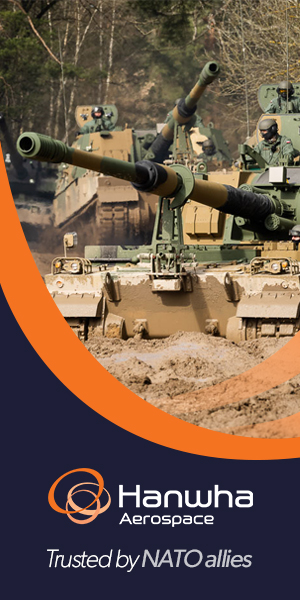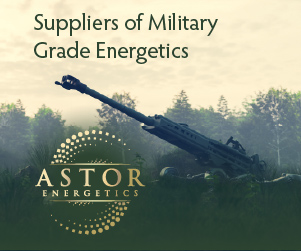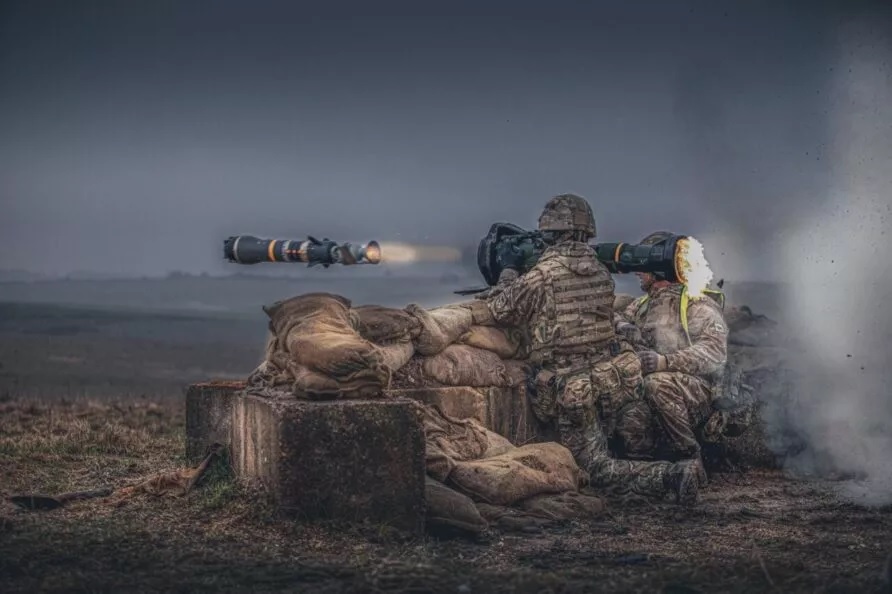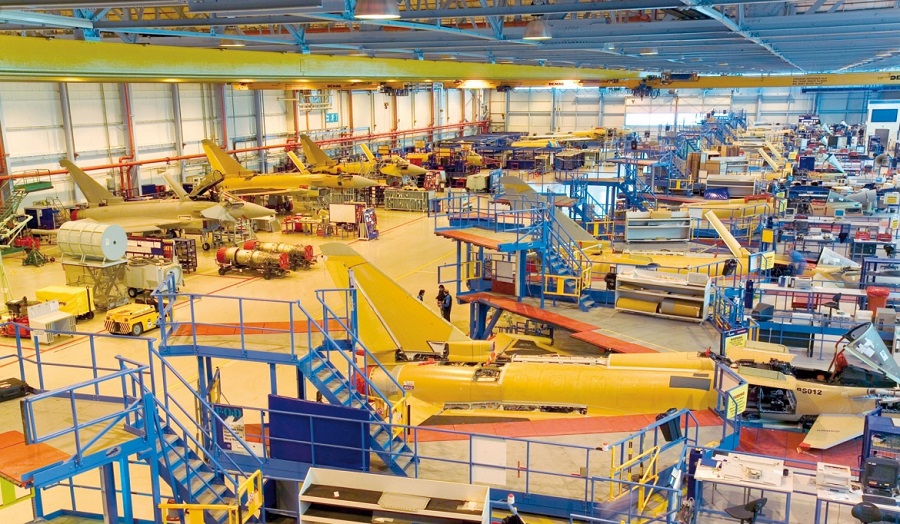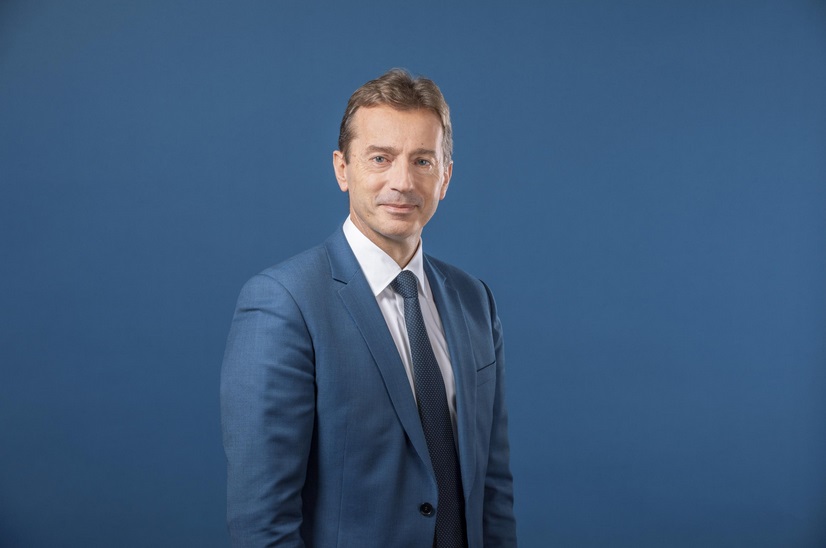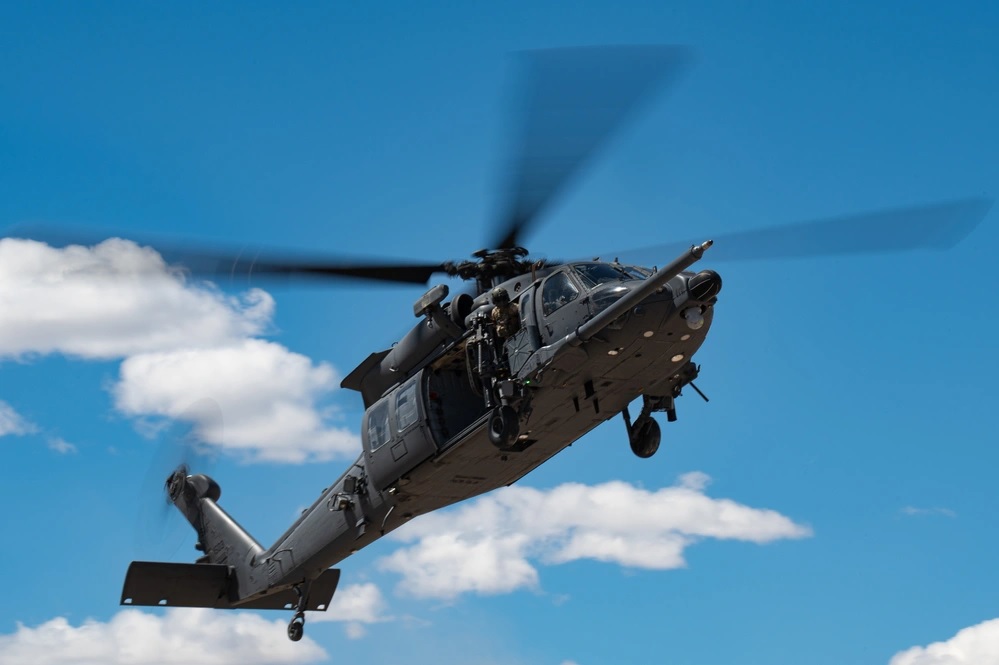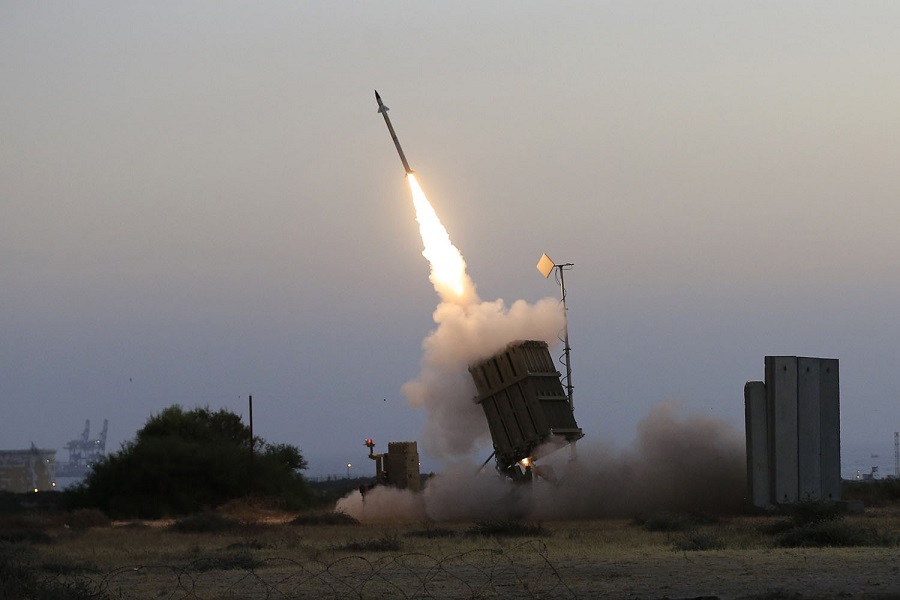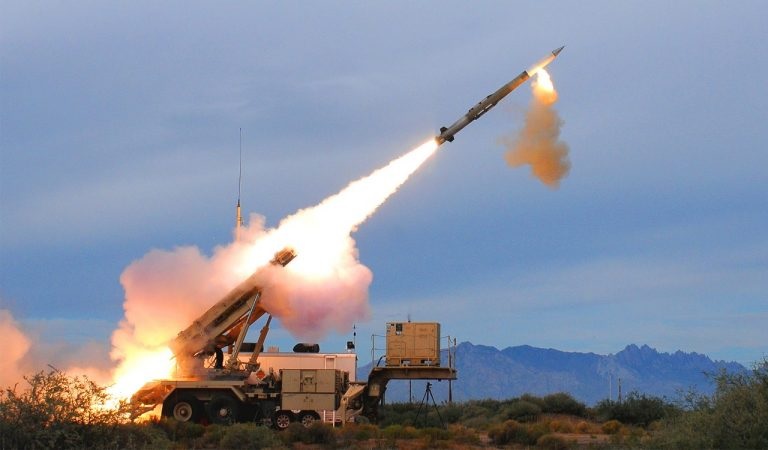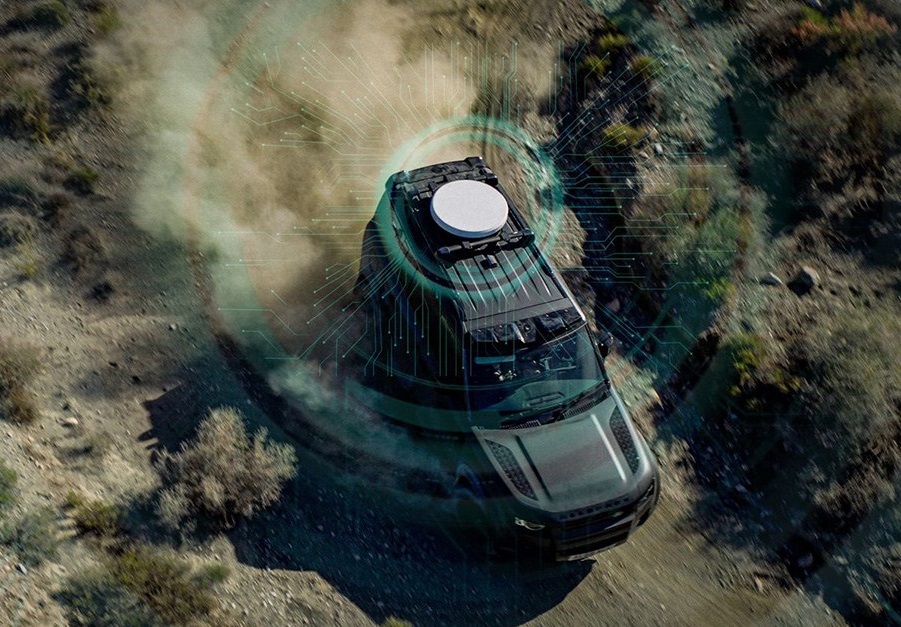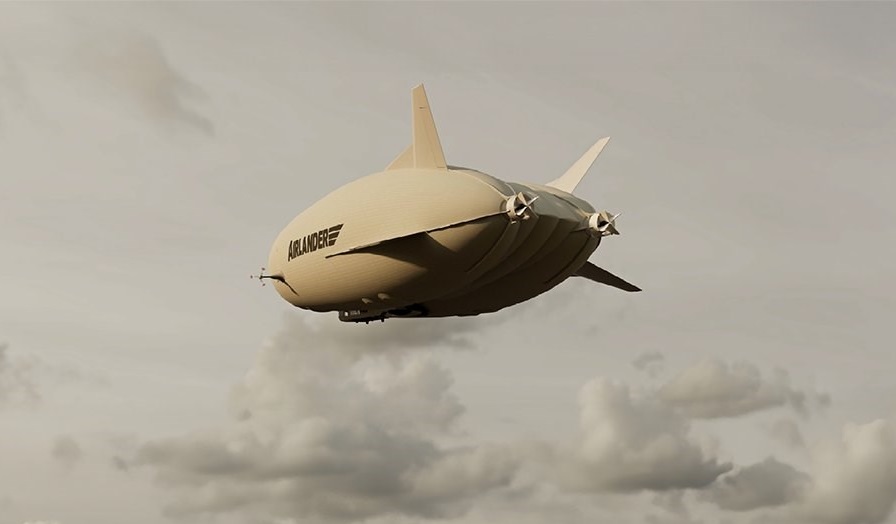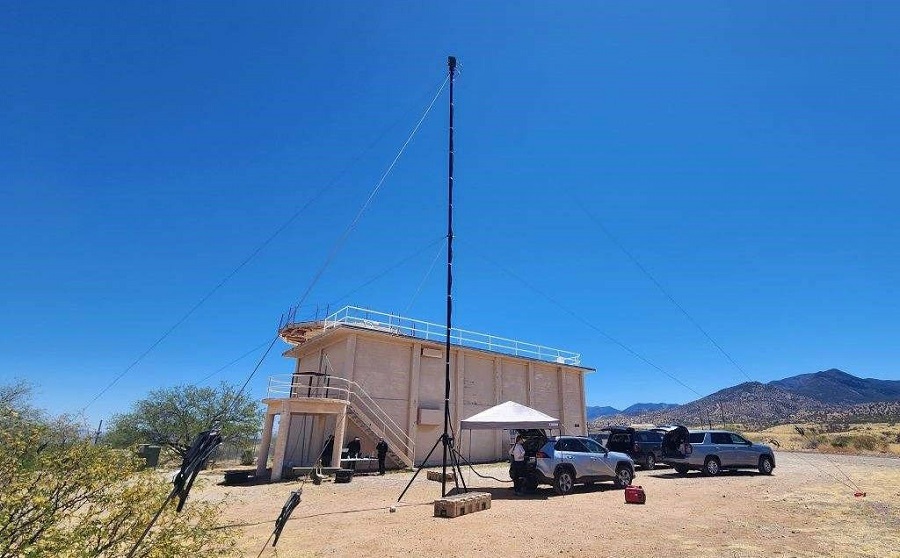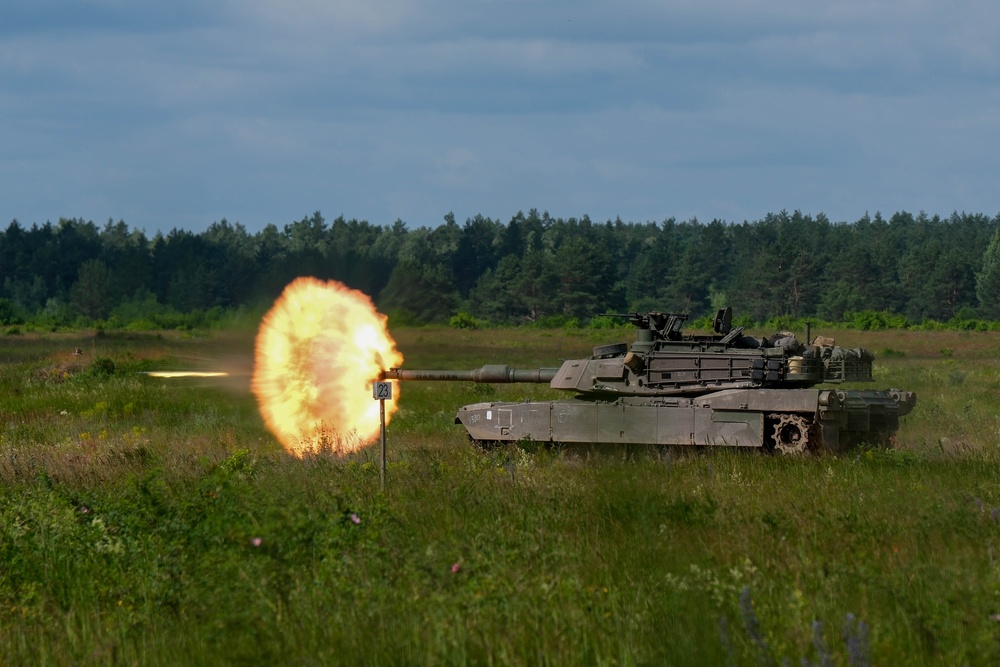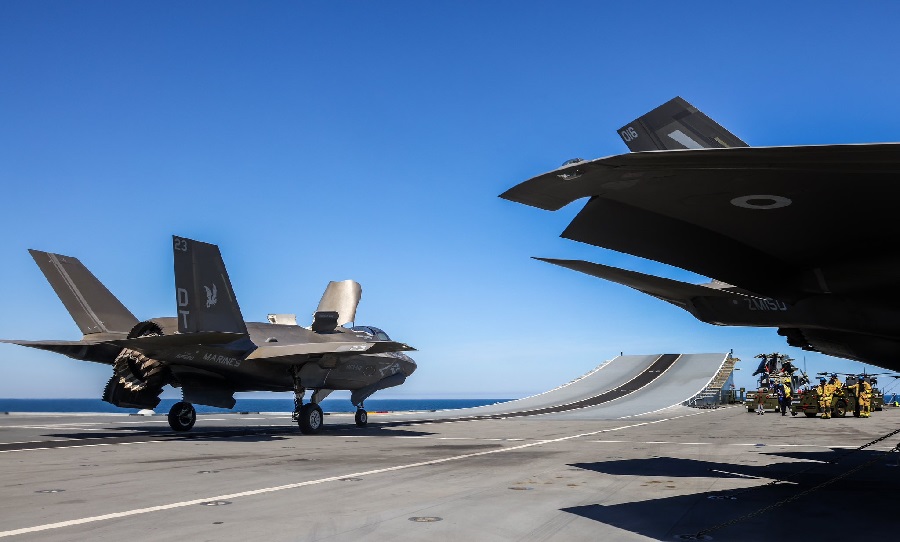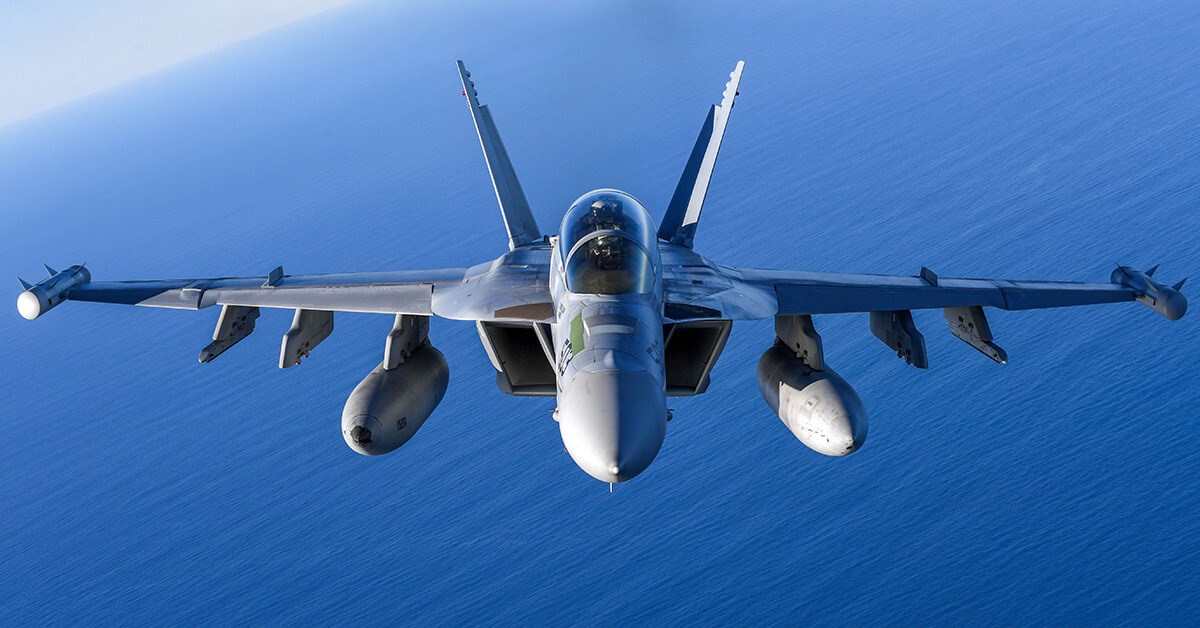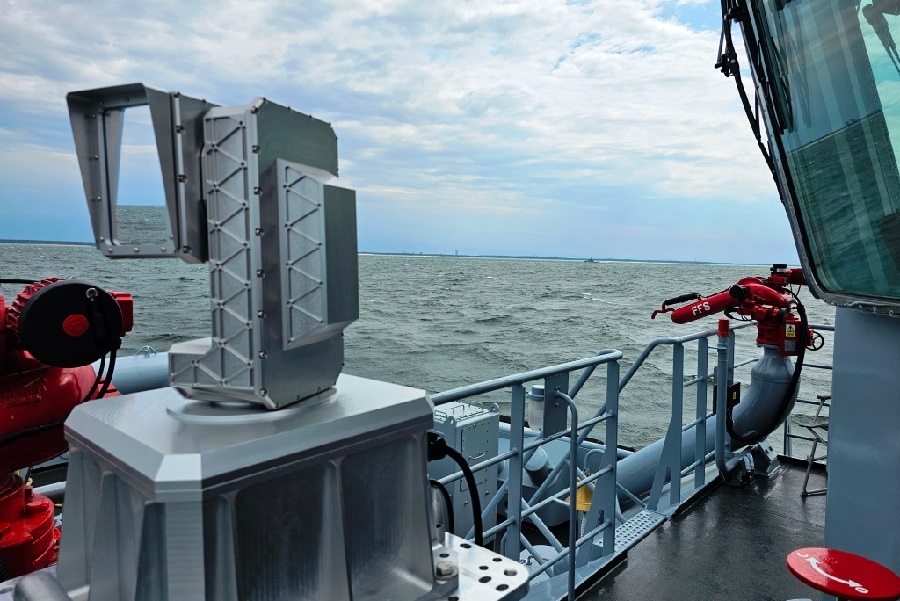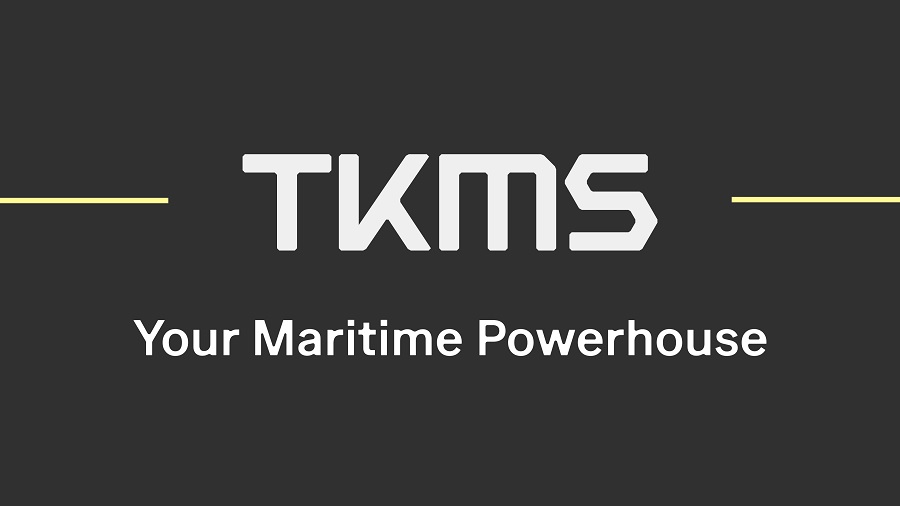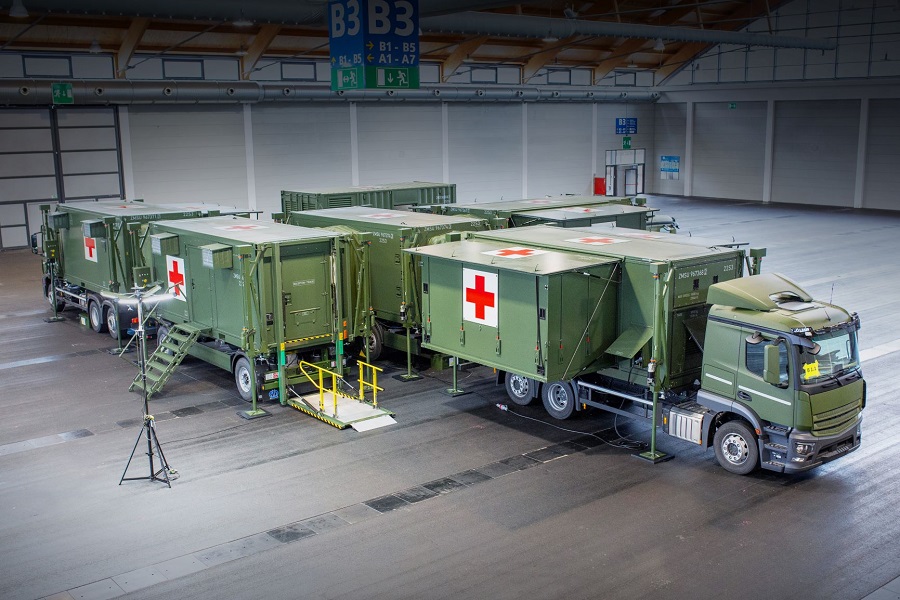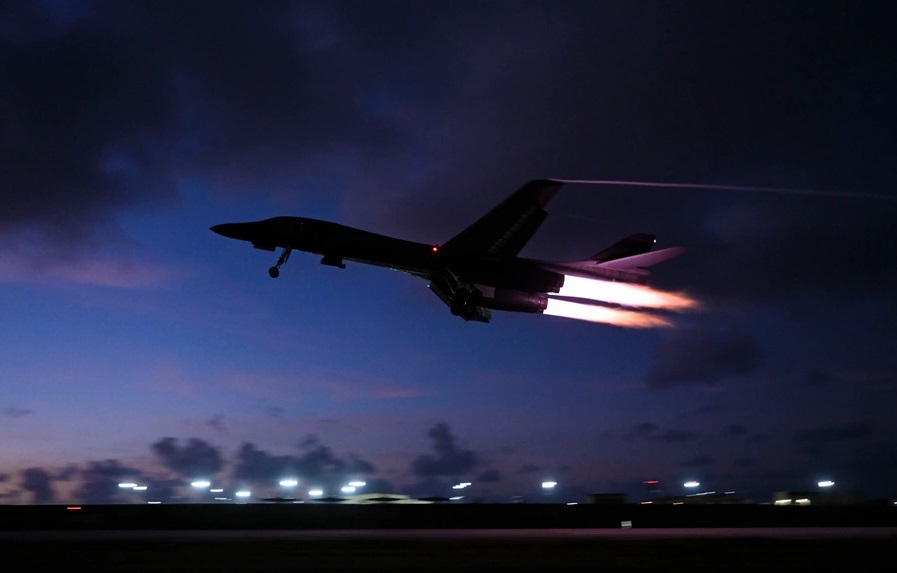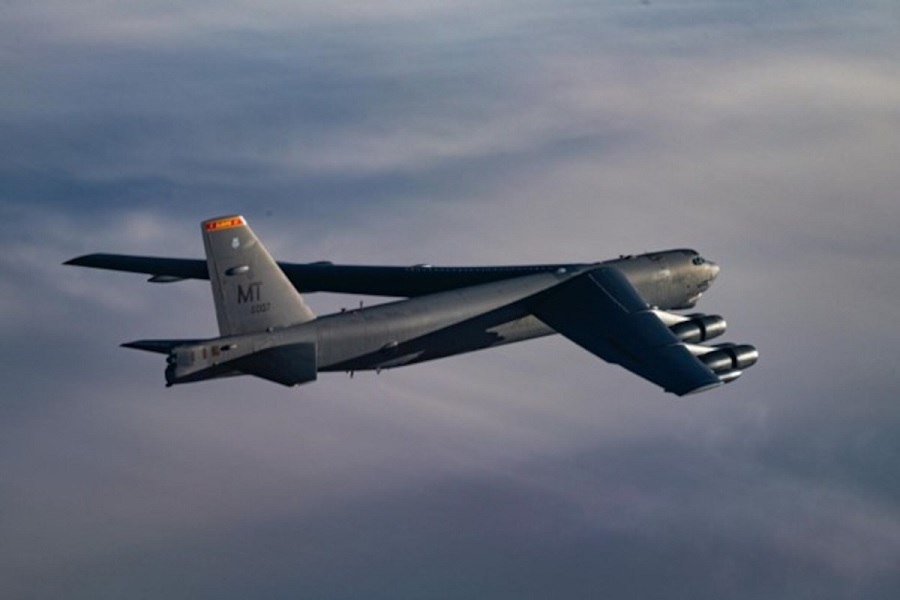NATO will celebrate the alliance’s 75th anniversary at its summit in Washington from 9-11 July. What are your expectations about that meeting from the perspective of the European defence industry?
The European defence technological and industrial base (EDTIB) is expecting several things. First of all, further long-term commitments in terms of investment, including the touted NATO special (annual) fund which will ensure funding to support Ukraine.
Secondly, we are calling for better visibility not only on Urgent Operational Requirements (UORs), including stock replenishment, but also on more long-term capabilities developments and how they should be prioritised. In this regard, a stronger structured dialogue between industry and NATO is needed, going beyond what is currently possible with the rules and procedures in place. Looking at the long term, a stronger dialogue with NATO’s Allied Command Transformation (ACT) would be useful to accelerate industry preparedness to timely develop solutions to cope with emerging and future capabilities of adversaries. Further development of instruments such as the NATO Innovation Fund (NIF) and the Defence Innovation Accelerator for the North Atlantic (DIANA) would also be highly welcome.
Finally, a stronger dialogue between NATO and EU institutions should also not just be discussed, but concretely implemented to avoid any duplication.
Which measures do NATO member states, in particular Europeans, have to take in order to bolster their defence capabilities amid a dramatically changed security environment in Europe and growing global tensions worldwide?
NATO members have to make a paradigmatic shift that brings back the capabilities and capacities that have been lost over decades after the end of the Cold War – in order to be prepared to face threats that go beyond the current tragedy in Ukraine and its ramifications, whatever the outcome of Russia’s aggression will be.
As things are turning out at the moment, we need a long-term strategic transformation as we are not facing “just a crisis” for a few years before we can come back to normal, as was the case after Covid for instance.
NATO member states have learned that both quality and quantity are needed. They have also to consider that in order to support and keep hundreds of thousands of troops at high readiness and deployed, tested and trained – in other words to be really “ready” – they need to establish a new relationship with industry.
NATO countries also have to consider that if they focus the relatively scarce personnel on operational duties, industry could fulfil a much broader support role. They have to tackle demographic, social and economic transformation that is ongoing and will continue. This will also drive the spread of unmanned systems across all domains.
In your opinion, how does a stronger EDTIB strengthen NATO as a whole?
A stronger EDTIB will strengthen NATO as a whole in several ways. It will allow industry to cope better and faster with NATO needs – short, medium and long term ones. It will enable a better transatlantic industrial relationship, among peer players across the Atlantic; and a better capability to address the requirements to develop emerging disruptive technologies, exploiting its more advanced know-how and capabilities.
Finally, a stronger EDTIB will provide additional industrial resilience, both in terms of industrial capacity (including to ramp-up production as needed, and to support, maintain and upgrade capabilities) as well as in terms of industrial survivability thanks to distributed production (including final assembly) and industrial facilities, as defence industry’s sites are already subject to hybrid attacks.
Source: ASD.




